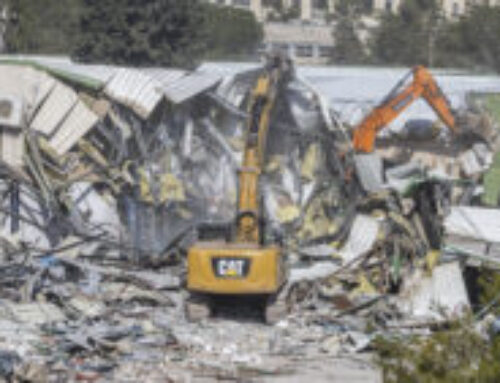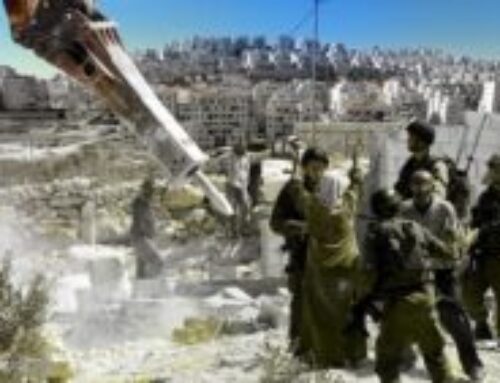Winter did not wait long to expose the fragility of the shelters that hundreds of thousands in Gaza rely on. A few drops from the sky are enough to turn tents into cracked boats, soaked with water and mud, dragging down what remains of life inside them.
The night there is not measured in hours, but in the water leaking from the roof, in the cold biting children’s faces, and in the fear that the next storm may swallow what little shelter they have left.
On land without walls, a long season of suffering begins—
a season without warmth, without a roof, and without enough time to catch one’s breath.
Night in Al-Mawasi… When the Rain Awakened the Camp
In the tents of Al-Mawasi, west of Khan Younis, the scene began…
The rain poured down, soaking clothes, blankets, memories—
and within minutes, dozens of tents were flooded.
Maysa Abu Anza woke up terrified as water carved its way into her tent. She woke her children, grabbed their small arms, and tried to save whatever she could from the belongings drowning in water.
Trembling, she said: “Everything is wet… even the place where we’re supposed to sleep has become like a pool.”
Sally, her neighbor in the camp, found refuge only in her brother’s tent— “the least bad option,” she says—even though the rain seeped inside it as well.
The tents clinging to each other as if seeking protection could not protect themselves. The low-lying ground swallowed the water; muddy pathways turned into swamps, slowing movement and deepening the fragility of the place.
Nearby, Um Ahmad searched for a dry corner to carry her shivering grandson.
She said with heavy sorrow: “My tent has been standing for two years… its fabric can no longer block the rain. Yet a new tent is now too expensive to buy.”
A Tent for $500… A Winter That Costs a Lifetime
In the market, a single tent is sold for $500—
a number far beyond the reach of displaced families surviving on aid. Thousands cannot afford even a piece of fabric to shield them from the rain.
Salah Zannoun, displaced near the Turkish slaughterhouse, lives in what can barely be called a tent: a stretched tarpaulin, worn-out cloth eaten by time.
His two children were taken to hospital with severe gastroenteritis.
He says: “People are broke… the war consumed everything. We live day by day on aid.”
Mohammad Al-Najjar, a representative of Palestine Camp, confirms that more than 100 tents flooded during the first storm, and that half the camp’s tents need urgent replacement.
“We warned them a month ago… we knew the first rain would cause a disaster,” he added.
UNRWA: The Shelter Exists… But it isn’t Allowed In
UNRWA announced it has new tents and shelter materials ready, but is still waiting for permission to bring them into the Strip.
UN spokesperson Stéphane Dujarric stated that thousands of families are now “completely exposed to harsh weather.”
OCHA says it has distributed 1,000 tents, 7,000 blankets, 15,000 tarps, and winter clothes for over 500 families— important numbers, but nowhere near enough for the scale of need.
The agency noted that since October 11, the occupying authorities have rejected 23 requests to bring in essential items including tents, insulation materials, and mattresses.
A Winter without a Roof… Suffering without End
In Gaza, winter is a test of survival:
a search for warmth on land without walls,
a struggle to protect children who wake to find water on their pillows, mud under their feet, and coughs haunting their nights.
Winter in Gaza has arrived… yet its full cruelty has not.
In threadbare tents patched with plastic and nylon, new chapters are being written—
a relentless struggle between a merciless storm and people determined to endure despite all they have lost.
Between Rain and Memory
In every tent, a story.
In every raindrop, a new ache.
Yet in every hand raised to hold up a sagging tent roof,
there is insistence that life—even in its hardest moments—cannot be easily defeated.
Gaza Receives Winter with no Walls…
But with hearts that know survival itself is an act of resistance—
and that true warmth does not come from a fire, but from a resolve that never fades.





